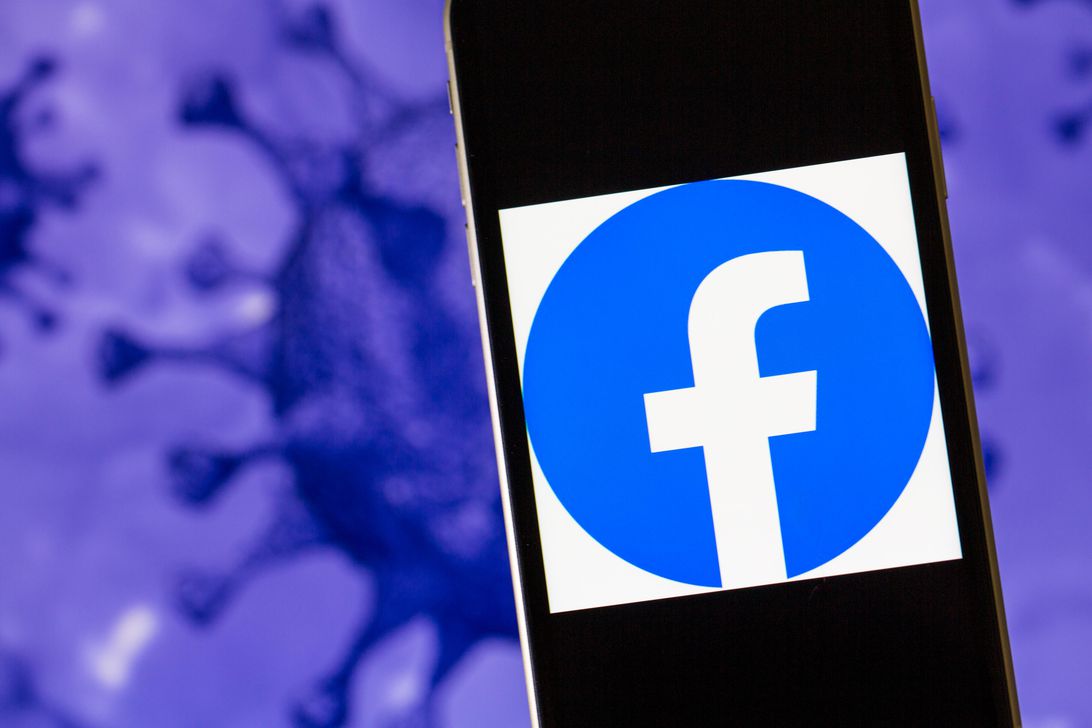Facebook rolls out tool to make it easier to help during the coronavirus outbreak
Facebook has released a new tool designed to make it easier for people to request and offer help during the coronavirus pandemic.
Called Community Help and released in the US and four other countries on Tuesday, the online hub displays fundraisers and posts from Facebook users within 50 miles of their location who are requesting or offering assistance. Users can filter posts by categories such as supplies, transportation and business support, making it easier for them to connect with the right person or volunteer group. People on Facebook are already using features such as groups to help out, but the new Community Help tool will display all this information in one place.

"This is building on existing tools and learnings from the past around how to deal with natural disasters," Naomi Gleit, who oversees Facebook's social good efforts, said in an interview. "A lot of times, the people who are in the best position to actually help are the ones who are closest to them."

The new product is another example of how Facebook is responding to the changing ways the social network is being used as more people stay at home to slow the spread of COVID-19, the respiratory illness caused by the novel coronavirus. The company has seen a surge in video calls and live videos. The pandemic has also presented Facebook and other tech companies with challenges, including coronavirus misinformation, scams and price gouging.
Some users might've already seen the Community Help tool, because it was being tested in several US cities. Community Help will roll out in the US, the UK, France, Canada and Australia first, making it available to hundreds of millions of users. To access the tool, users go to the Coronavirus (COVID-19) Information Center on the social network and click "see all" for sections about finding and requesting help. You can also visit this website. Facebook plans to release the tool in more countries in the coming days.
On the Community Help page, users in the Bay Area are already sharing stories about how they're being affected by the coronavirus, and requesting supplies, food and sometimes money. Some users posted that they were living in a car.
The tool has already been abused. One user with the account name "Pork ChopCharlie" requested "good food, money, and a decent car." Facebook removed the post after CNET made the company aware of it.
People exploiting the tool or using fake accounts is "completely unacceptable," Gleit said, because it could deter users from offering help through the platform. The US Federal Trade Commission has warned consumers that scammers are taking advantage of fear during the coronavirus outbreak and people should "do their homework when it comes to donations."
Facebook will remove posts that violate its community standards. Users can also report problematic posts on the Community Help page. Nonprofits, which have a verified checkmark on the social network, are also posting requests for help. Facebook, which temporarily barred the sale of medical face masks on its site, doesn't allow people to sell services or items through Community Help, Gleit said.
To protect their safety, users should try to meet in a public place, and alert family and friends where they're going, Facebook said. They should also be wary about sharing any personal or financial information and check to see if they have mutual friends with a user who requests help.
"Of course, you want to use your best judgment, but I for the most part have seen legitimate nonprofits and legitimate stories," Gleit said.
You should read it
- ★ Yelp hits brakes on GoFundMe button for helping businesses during coronavirus lockdown
- ★ Coronavirus lockdowns: Can you go outside, to the gym, on a drive and other answers
- ★ Coronavirus: How to track the spread across the world as cases top 500,000
- ★ What you can and can't do when you're in lockdown, quarantine or shelter in place
- ★ Homemade masks, home testing, PPE and every other coronavirus term to know